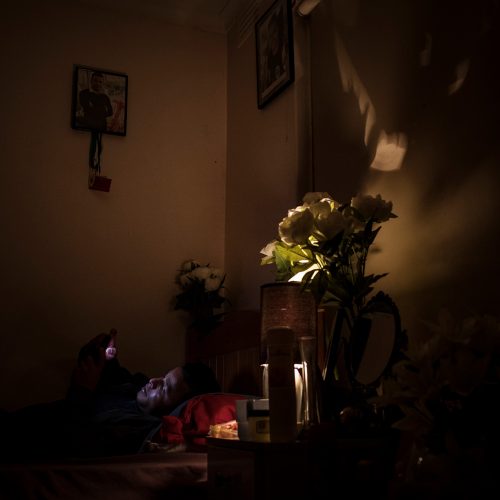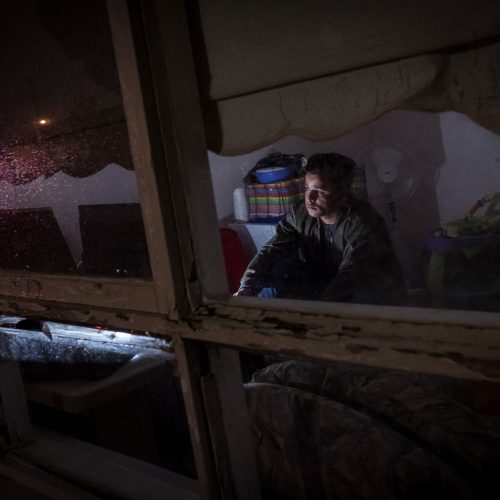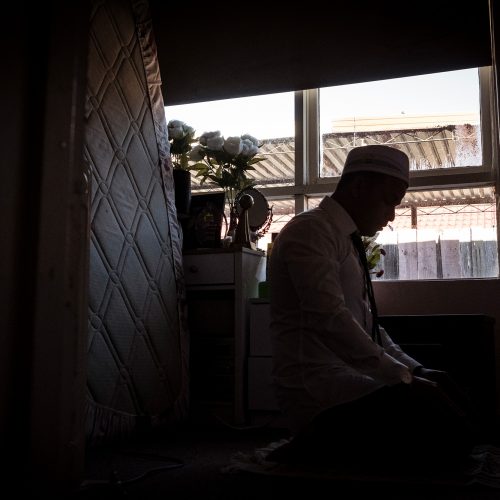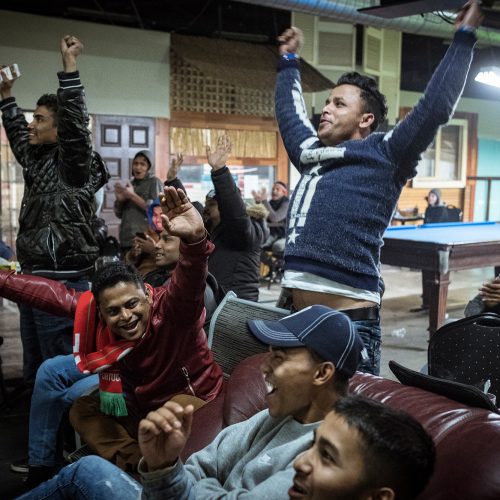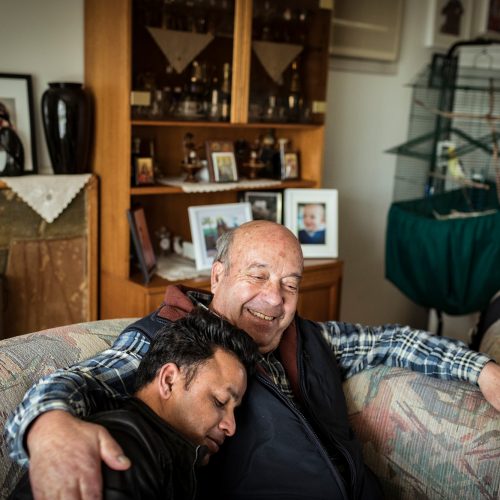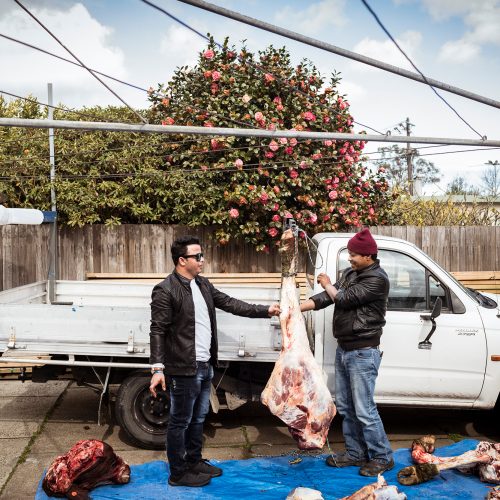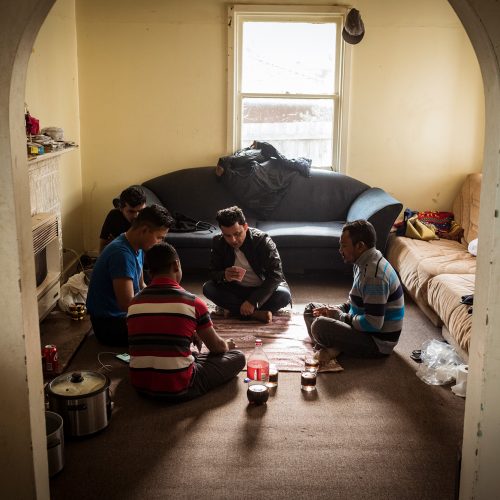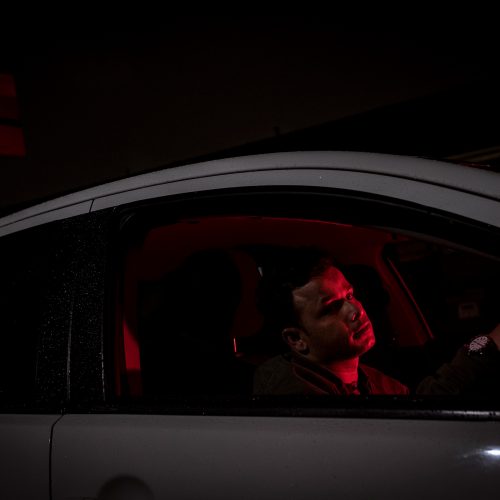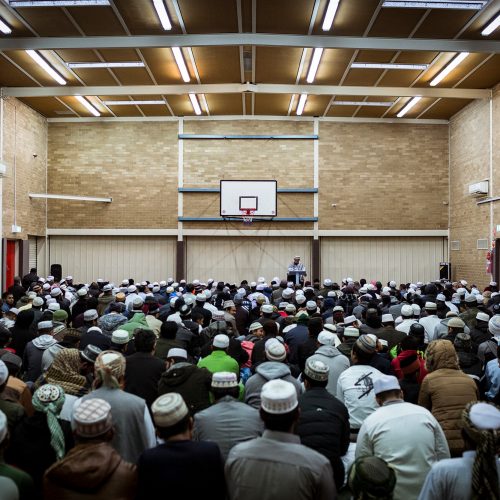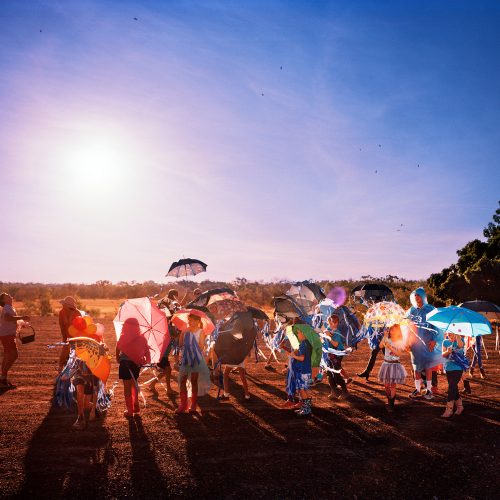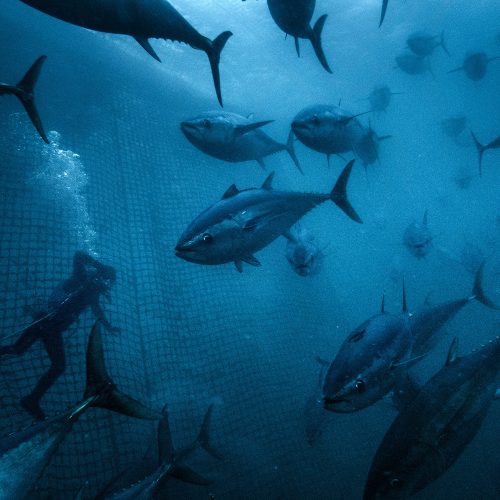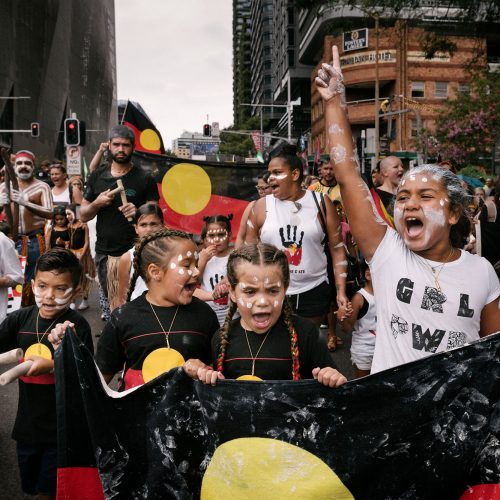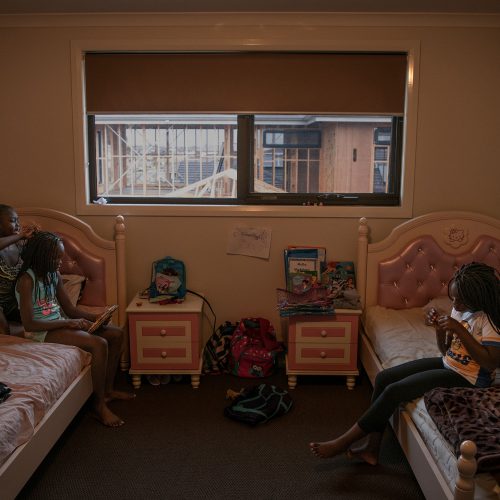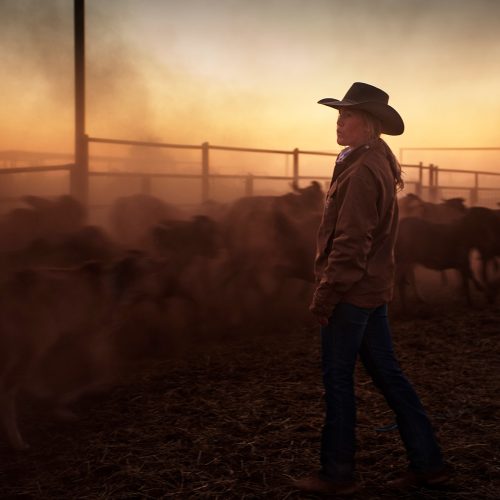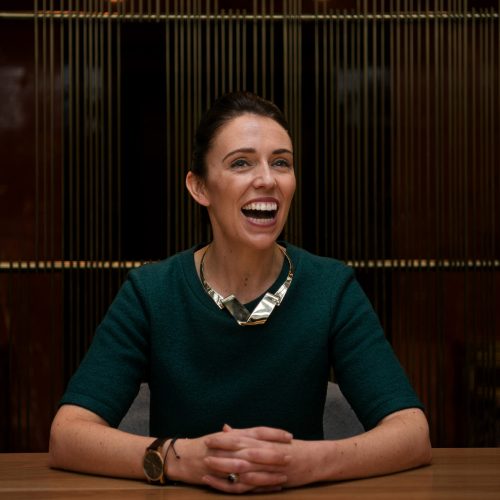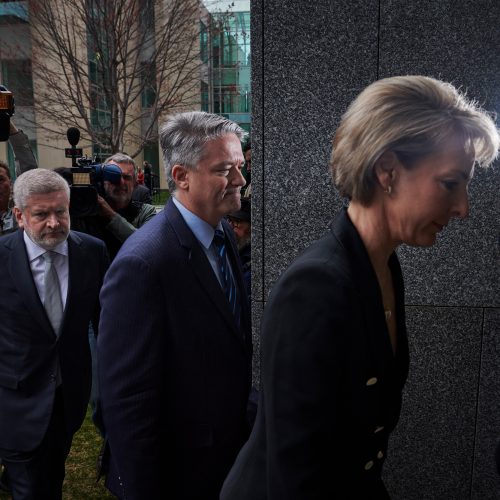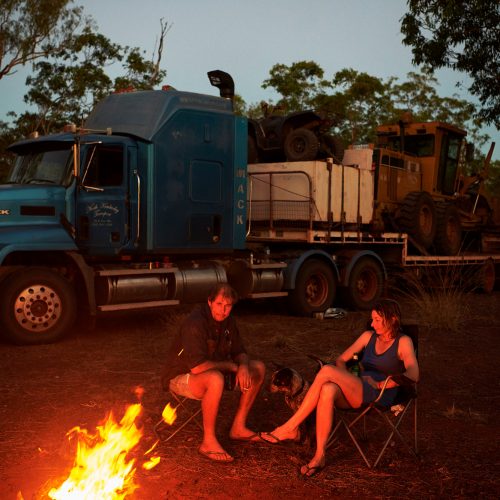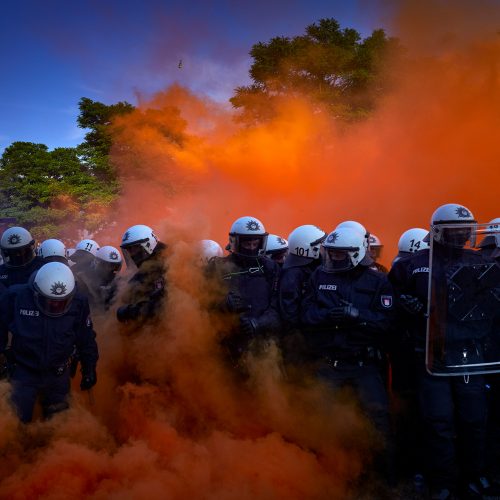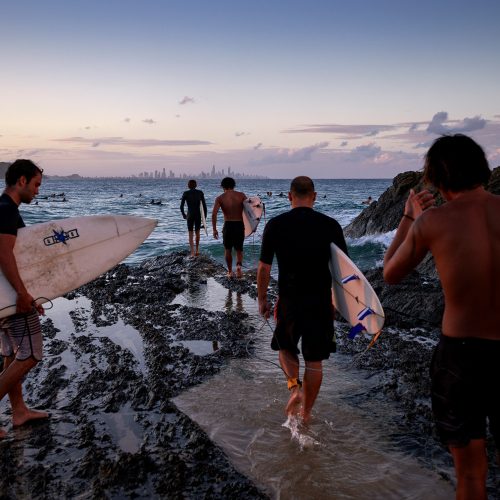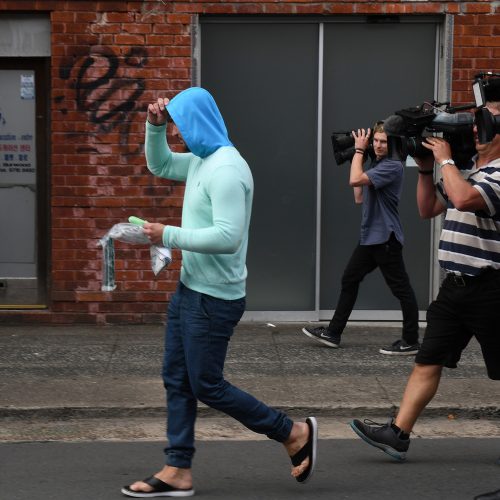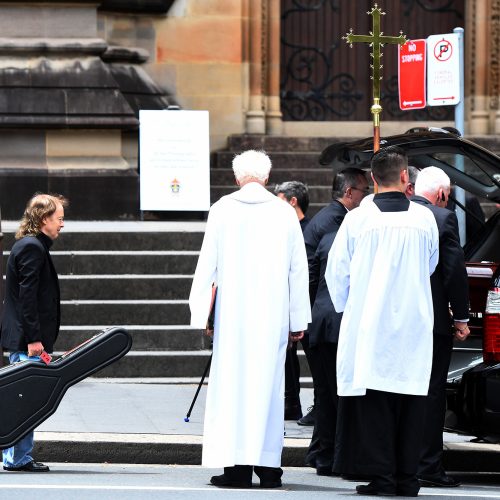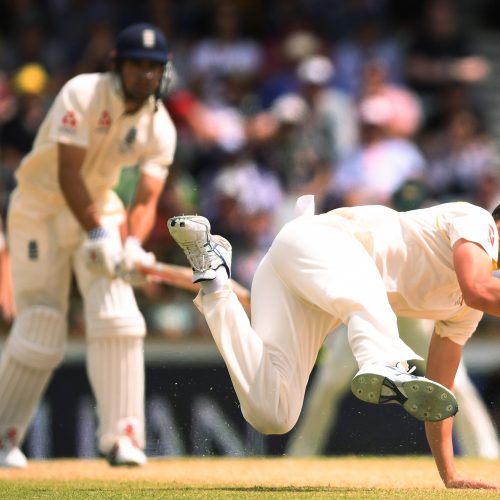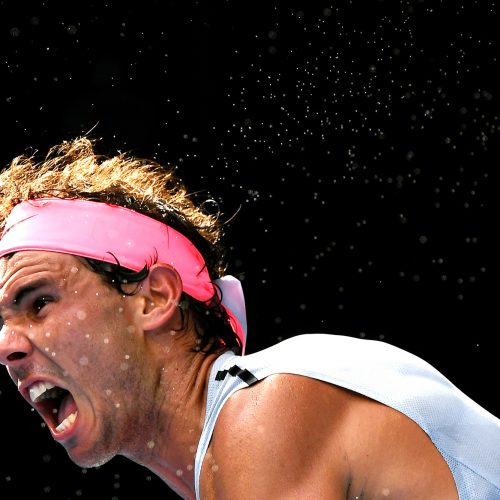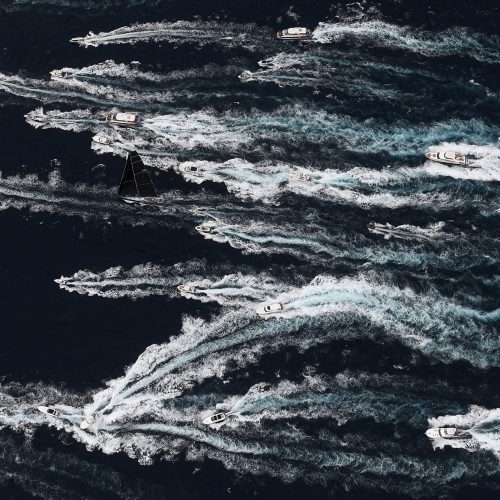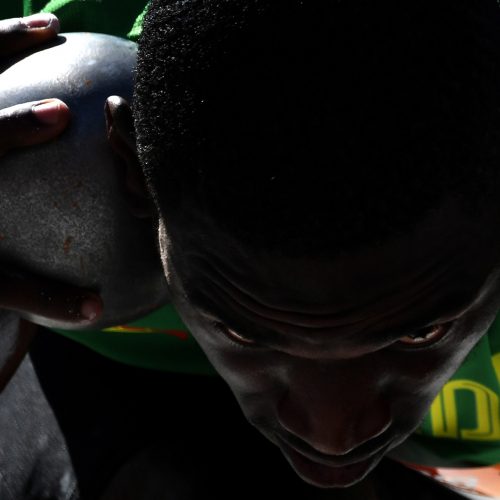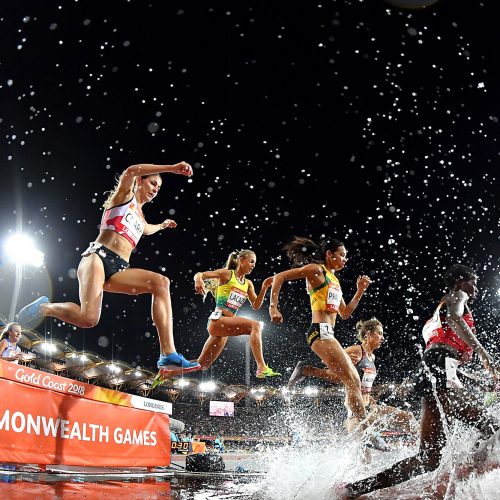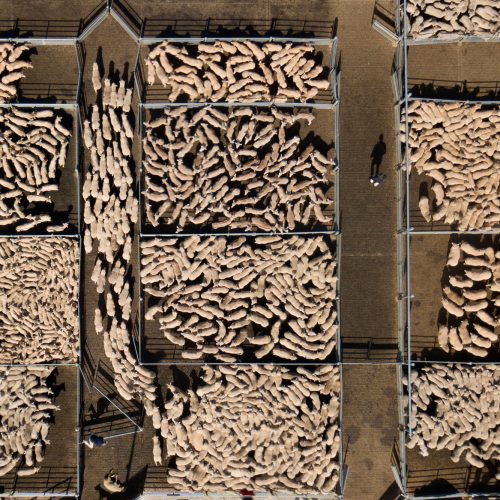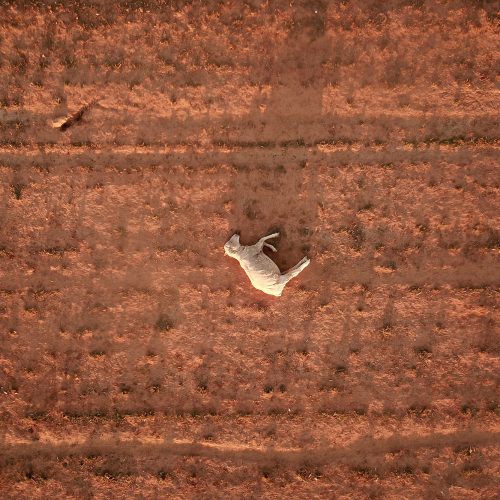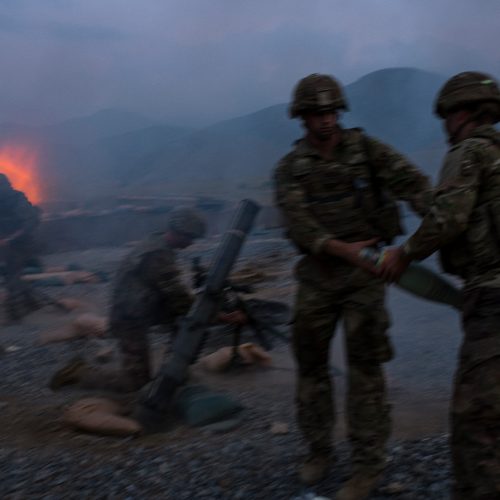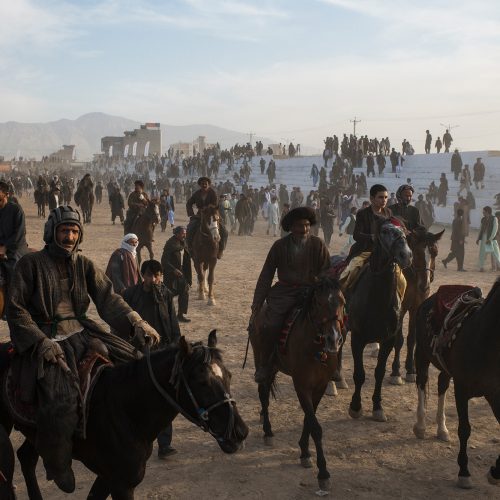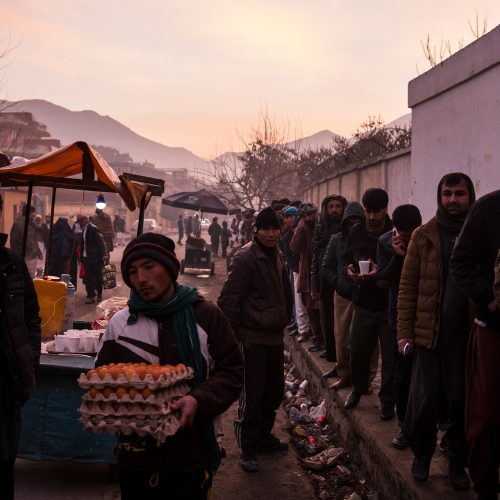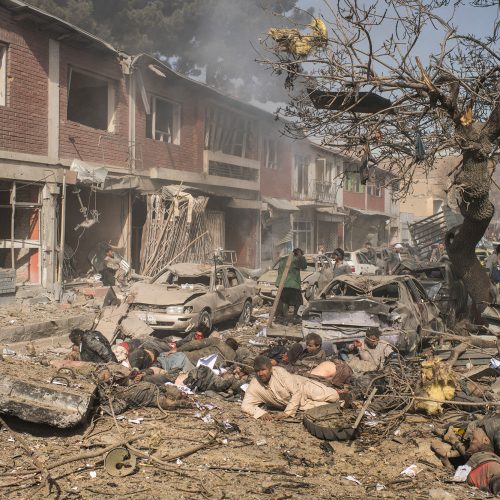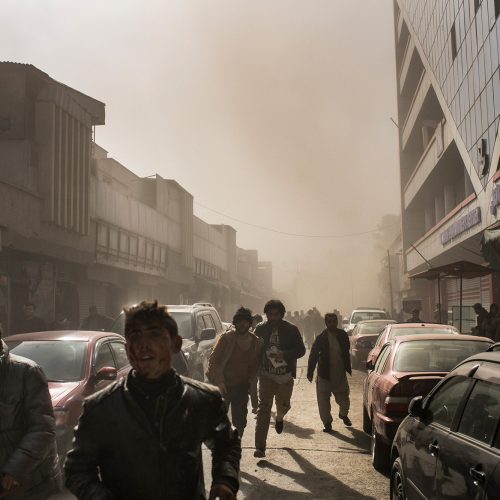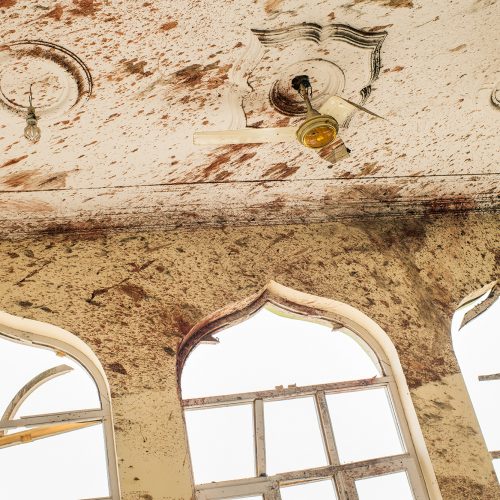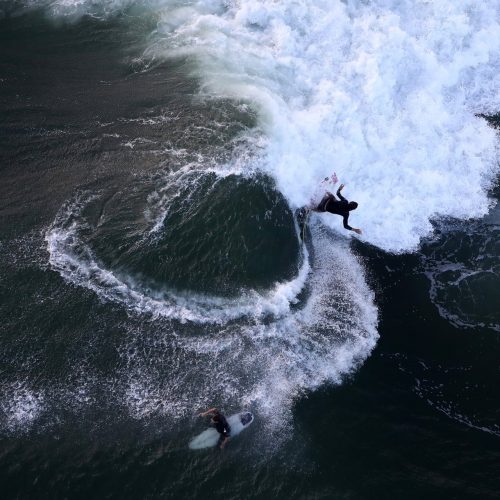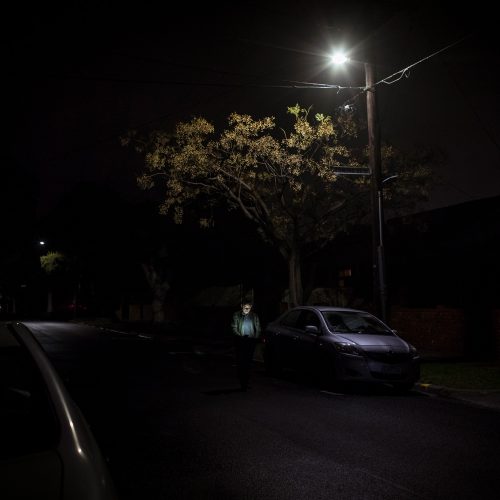
My Name is Yunus
“I don’t mind what work comes, I will do it. But my dream is to do something good for the community. When I came here, I realised the things I want to become—someone like a teacher, or a leader… My father was a leader from the village. Whatever your father does you are interested to do as well. Sometimes I think that if my father was alive he could help me go to university and I could learn so many things. If I think about my family, I get stressed. If I think about my future here, I get stressed. I’ve been here nearly six years. I have nothing.” Mohamad Yunus walks the streets of Springvale at night.
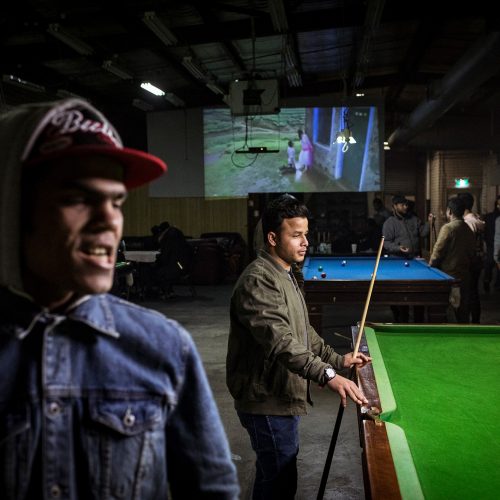
Leadership
“Last year I graduated from a leadership program and this year I won the Service to Community award from Friends of Refugees. I didn’t know I was going to win—on the night, I was confused! I felt really happy. My mum knows about what I’m doing in the community, but she doesn’t really understand what it’s like here. I think she would be proud of me.” Yunus is well respected within the community.
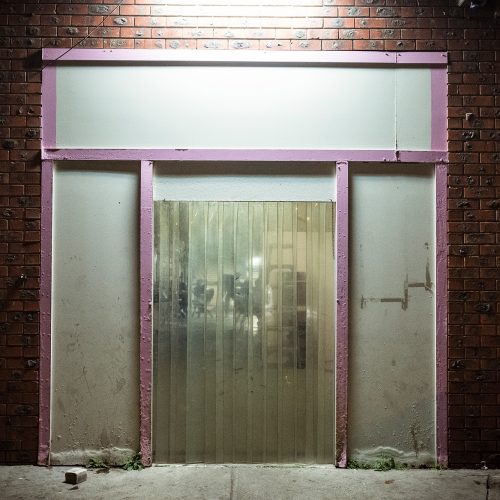
Idris’ Place
Mohammad Idris’ Rohingya Restaurant and Cafe in Springvale is a meeting place for the small community of Rohingya in Melbourne's South-East. A former meat packing factory, it is a place (for the mostly males) to shoot pool, play cards, watch television and socialise; and a hub for information on jobs, accommodation and news of home.
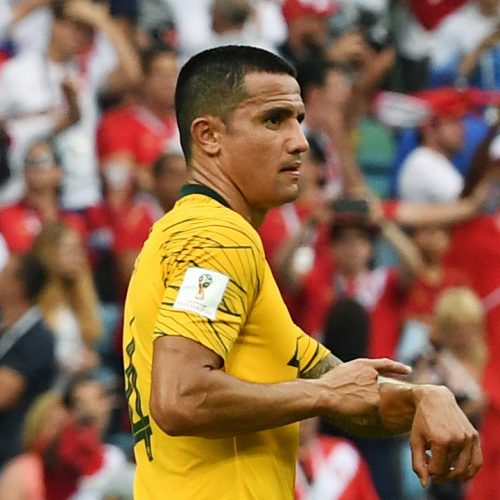
Australia's Tim Cahill looks to his family moments after the full time whistle in the Socceroos’ final group match against Peru at the FIFA 2018 World Cup in Sochi, Russia. After the World Cup Cahill, Australia's leading international goal-scorer confirmed his retirement from international football after scoring 50 goals in 107 caps.
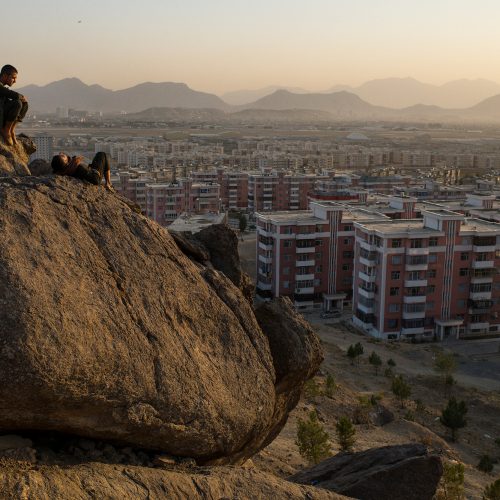
Samim Sediqi (left) and Iqbal hang out on a boulder, enjoying the sunset above the Khwaja Rawash apartment complex in the Qasaba area on the far northern edge of Kabul. The friends said they were amongst the first 10-12 families to move into the complex, which has a calm atmosphere seldom found in the rest of Afghanistan.
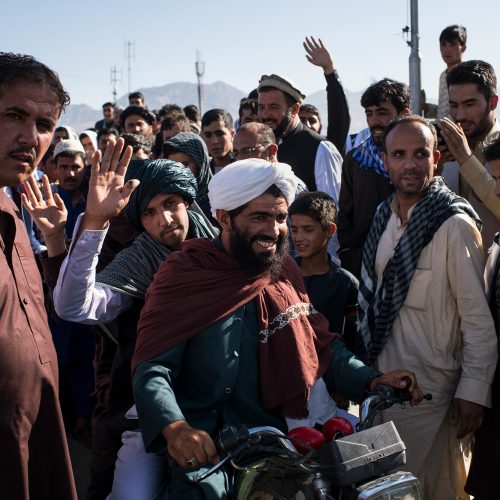
On the second day of an overlap in unilateral ceasefires ordered by the Afghan government and Taliban leadership, members of the Taliban and their supporters entered Kabul, leaving their weapons at the gates. They were mostly welcomed by crowds of cheering and waving residents, while some looked on warily. The three men on this motorcycle were believed to be Taliban.
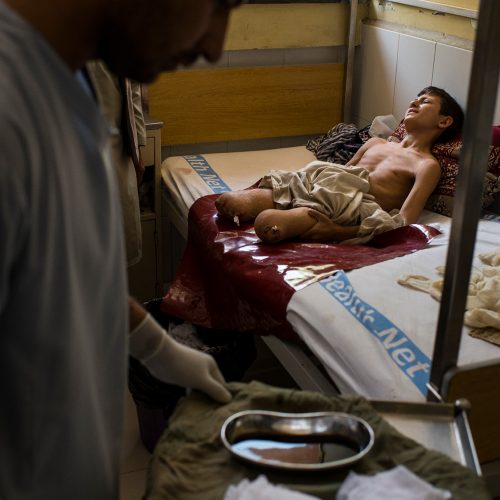
12-year-old Shafiquallah’s uncle Zar Gul comforts him while a nurse prepares to clean the wounds on the stumps that used to be his legs. He and his two younger brothers Mangal and Rashid share this room in Nangahar Regional Hospital in eastern Afghanistan. Between the three of them they have only one leg.
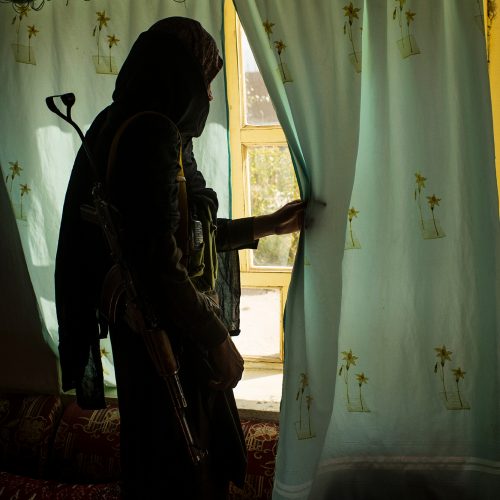
‘Yamin’ (not his real name), a local Taliban fighter and bodyguard, checks out the window before departing a house on the edge of the village of Shah Mazar... between the Taliban strongholds of Baraki Barak and Charkh. Our hosts rode a motorcycle—one carrying a Kalashnikov—to meet my colleagues and I on the highway. To our knowledge we were the first foreign reporters to have met face-to-face with Taliban outside of government-held territory in some years.

